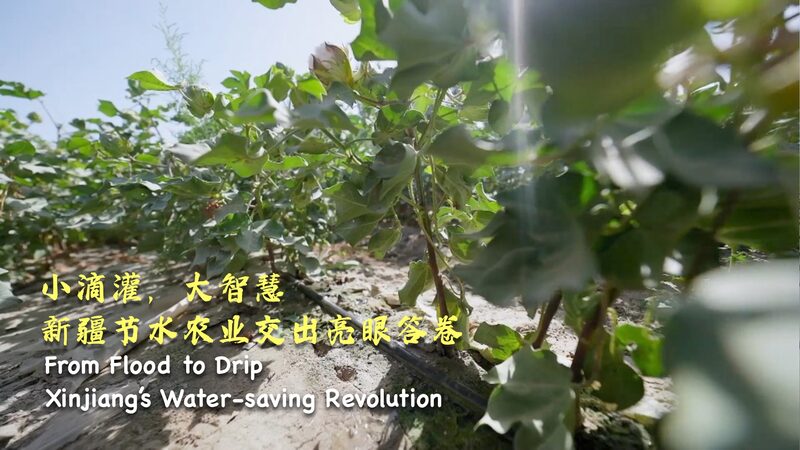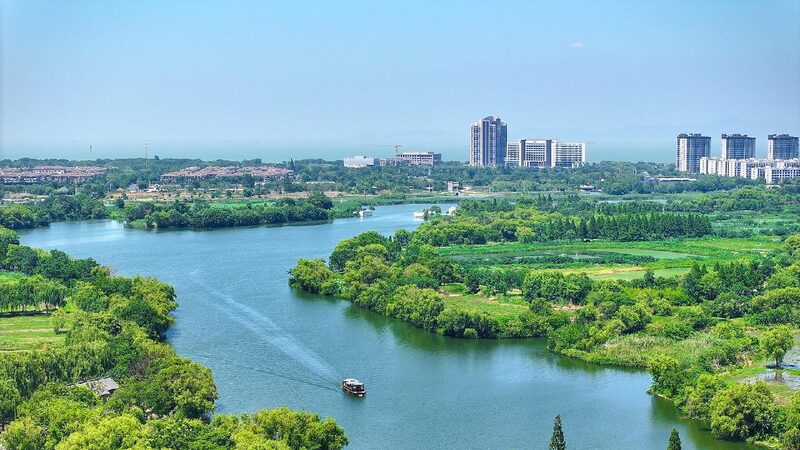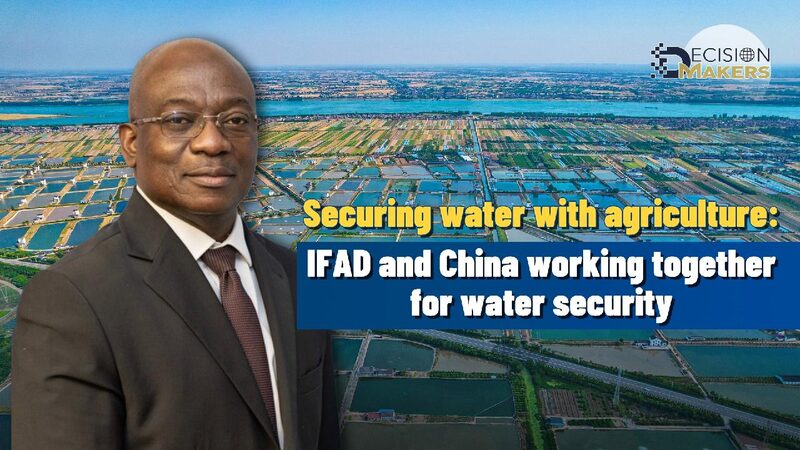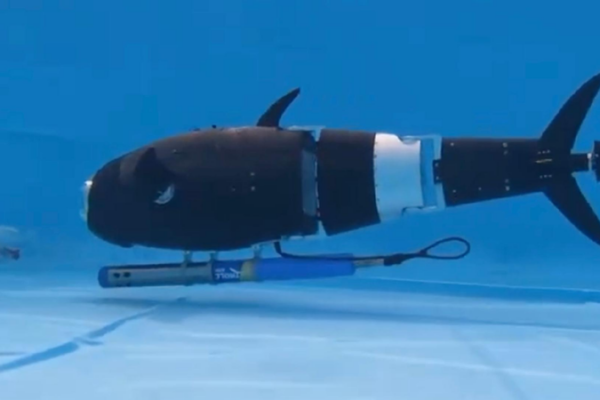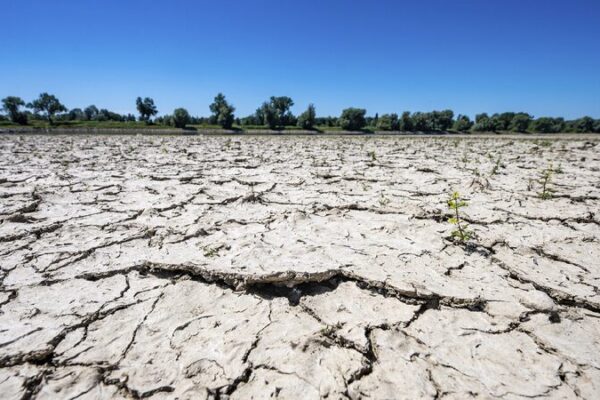In the heart of the Chinese mainland’s Xinjiang Uygur Autonomous Region lies Bachu County, a place that’s turning heads with its groundbreaking approach to agriculture. Once reliant on traditional flood irrigation methods, Bachu has embraced an intelligent integrated water-fertilizer system that’s transforming the way farmers cultivate their land.
This shift to precise, remote-controlled irrigation and fertilization might seem like a small technical adjustment, but its impact is anything but minor. Farmers in Bachu can now monitor and manage water usage with unprecedented accuracy, reducing waste and conserving precious resources in a region where water scarcity is a growing concern.
“The new system allows us to use exactly the amount of water and fertilizer our crops need,” says Li Wei, a local farmer. “Not only does it save water, but it also boosts our yields.”
The intelligent irrigation system uses sensors and data analytics to determine the optimal watering schedule for crops, ensuring that plants receive the right amount of moisture at the right time. This precision agriculture approach is a significant departure from traditional methods that often led to over-irrigation and soil depletion.
Bachu’s water-saving revolution is a model for other regions facing similar challenges. By adopting technology-driven solutions, communities can enhance food security while preserving essential natural resources.
As the world grapples with environmental concerns and a growing population, innovations like those in Bachu County offer a glimpse into a more sustainable future.
Reference(s):
cgtn.com
